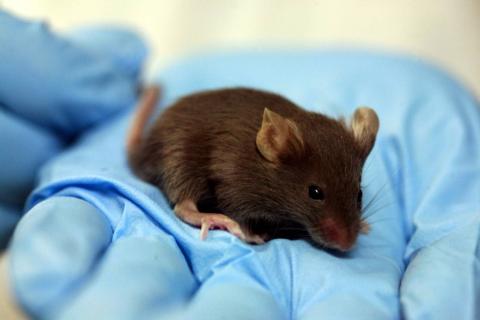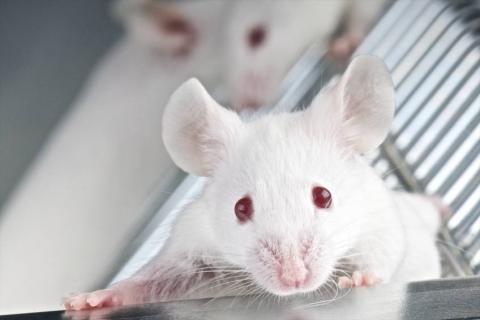Reactions: Study shows reversing age-related taurine loss with supplements improves longevity and health in animal models
Taurine is one of the most abundant amino acids in animals. As reported in research published in Science, its loss may contribute to the ageing process. According to the study, reversing age-associated taurine deficiency through supplementation improved life expectancy in worms and rodents, while improving some health parameters in non-human primates, which the authors believe would warrant further human trials to examine its effect on life expectancy and the potential risks involved.

Nabil - Taurina (EN)
Nabil Djouder
Head of the Growth Factors, Nutrients and Cancer Group of the National Cancer Research Center (CNIO)
The study is overall very interesting and descriptive, showing that circulating taurine concentrations decrease with age in mice, monkeys and humans. Reversal of this decline through taurine supplementation increased healthy life expectancy and lifespan in mice, as well as healthy life expectancy in monkeys.
Although the molecular mechanisms and action of taurine are not known and are not described in this study, it should be noted that taurine has also been shown to reduce various cellular processes, such as cellular senescence. In addition, it protects against telomerase deficiency, suppresses mitochondrial dysfunction, decreases DNA damage and attenuates the inflammatory process associated with ageing.
Taurine's physiological role and its association with well-being were already known because it plays several important roles in the body. For example, it regulates the water and mineral balance in cells, supports the cardiovascular system and is involved in the formation of bile, which aids in the digestion of fats. Taurine also has antioxidant and anti-inflammatory properties, and has been studied for its potential role in eye health, brain function and athletic performance.
This study is all the more interesting because, in my view, it links a dietary component to a healthy lifespan. It is important to note that taurine is an amino acid found naturally in the human body, but its decline during ageing could be compensated for by a diet rich in taurine-containing foods. Taurine is found in high concentrations in some foods, such as meat and seafood, but is very low or almost non-existent in a completely vegan diet.
In addition, fasting and physical exercise appear to increase the concentration of taurine in the blood, as demonstrated in this study. Importantly, fasting and physical exercise are also associated with an increase in healthy living.
In humans, lower taurine concentrations were found to correlate with several age-related diseases, and taurine concentrations increased after intense aerobic exercise.
Taurine deficiency may therefore be a driver of ageing, as its reversal increases healthy life expectancy in worms, rodents and primates, as well as life expectancy in worms and rodents.
To test whether taurine deficiency is also a driver of ageing in humans, long-term, well-controlled taurine supplementation trials that measure healthy life expectancy and life expectancy as outcomes are required.
Cayetano- Taurina (EN)
Cayetano von Kobbe
Senior Scientist at the CSIC and researcher at the Centro de Biología Molecular Severo Ochoa
The study is very interesting, as it relates taurine levels to age. On the one hand, it shows that low levels of taurine in the blood are associated with ageing and age-related diseases and, on the other hand, that its exogenous administration reverses these problems.
Taurine is an amino acid that does not form part of proteins and its relationship with aspects associated with health was already known, but not with ageing, as has been demonstrated in this study.
It is a very complete study that includes tests on mice, monkeys, worms and zebrafish, complemented with human samples (blood and cell lines in culture).
At the cellular level, the effect of taurine in inhibiting cellular senescence (or cellular ageing) is remarkable. This could explain part of the positive anti-ageing effects observed after administration, such as increased life expectancy and health.
Future human trials should take into account the dose to be used, as the administration pattern shown in the paper is daily and of long duration.
Cayetano von Kobbe is co-founder of SenCell Therapeutics.
Singh et al.
- Research article
- Peer reviewed
- Experimental study
- Animals
- In vitro



